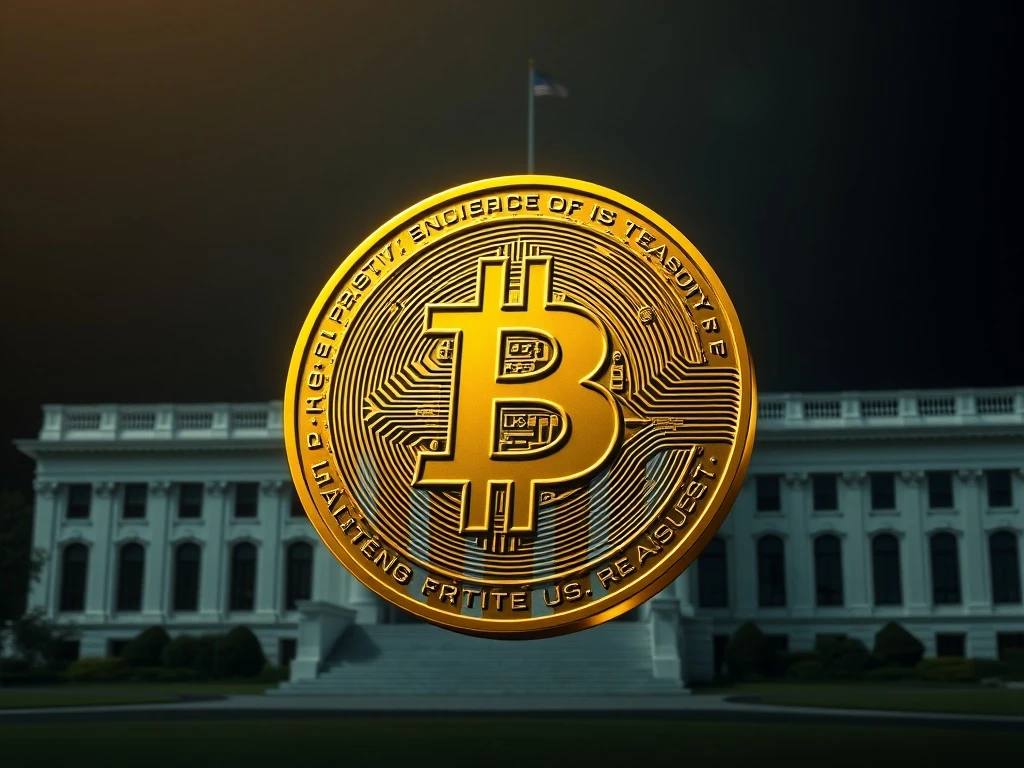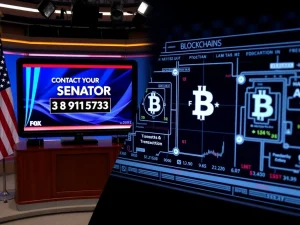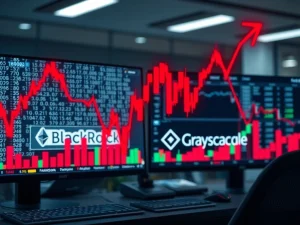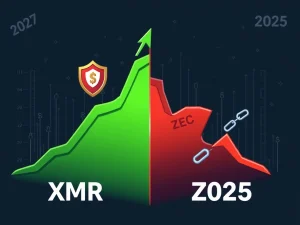Bitcoin Breakthrough: U.S. Treasury Chief Declares It an Emerging Store of Value Like Gold

In a groundbreaking statement, U.S. Treasury Secretary Scott Bessent has officially recognized Bitcoin as an ’emerging store of value,’ comparing it to traditional assets like gold. This pivotal moment signals a major shift in how governments view cryptocurrency and could accelerate institutional adoption.
Why Bitcoin Is Being Compared to Gold
The Treasury Secretary’s remarks highlight three key similarities between Bitcoin and gold:
- Both serve as hedges against economic uncertainty
- Both have limited supply (Bitcoin’s 21 million cap vs. gold’s finite physical reserves)
- Both are increasingly held in institutional portfolios
Institutional Adoption of Bitcoin Accelerates
Following Bessent’s comments, market data shows:
| Metric | Value |
|---|---|
| Unrealized Bitcoin profits | $1.41 trillion (record high) |
| Corporate treasury allocations | Companies like Profusa investing millions |
What This Means for Bitcoin Regulation
The Treasury’s statement comes as the White House prepares to release a comprehensive crypto policy report that may:
- Establish clearer regulatory frameworks
- Define Bitcoin’s legal status
- Encourage responsible institutional investment
The Future of Bitcoin as Digital Gold
This official recognition from the U.S. Treasury could mark a turning point for Bitcoin’s mainstream acceptance. As more institutions treat it as a long-term store of value rather than a speculative asset, we may see:
- Increased price stability
- Greater portfolio diversification
- Enhanced regulatory clarity
Frequently Asked Questions
Q: Does this mean Bitcoin is now officially recognized as currency?
A: No, the Treasury’s statement positions Bitcoin as a store of value, not legal tender.
Q: How does this affect Bitcoin’s price?
A: While not a direct price driver, institutional recognition typically increases long-term demand.
Q: Should I invest in Bitcoin now?
A: Always consult a financial advisor, but this development suggests growing mainstream acceptance.
Q: What’s the difference between store of value and currency?
A: A store of value preserves wealth over time, while currency is used for daily transactions.










